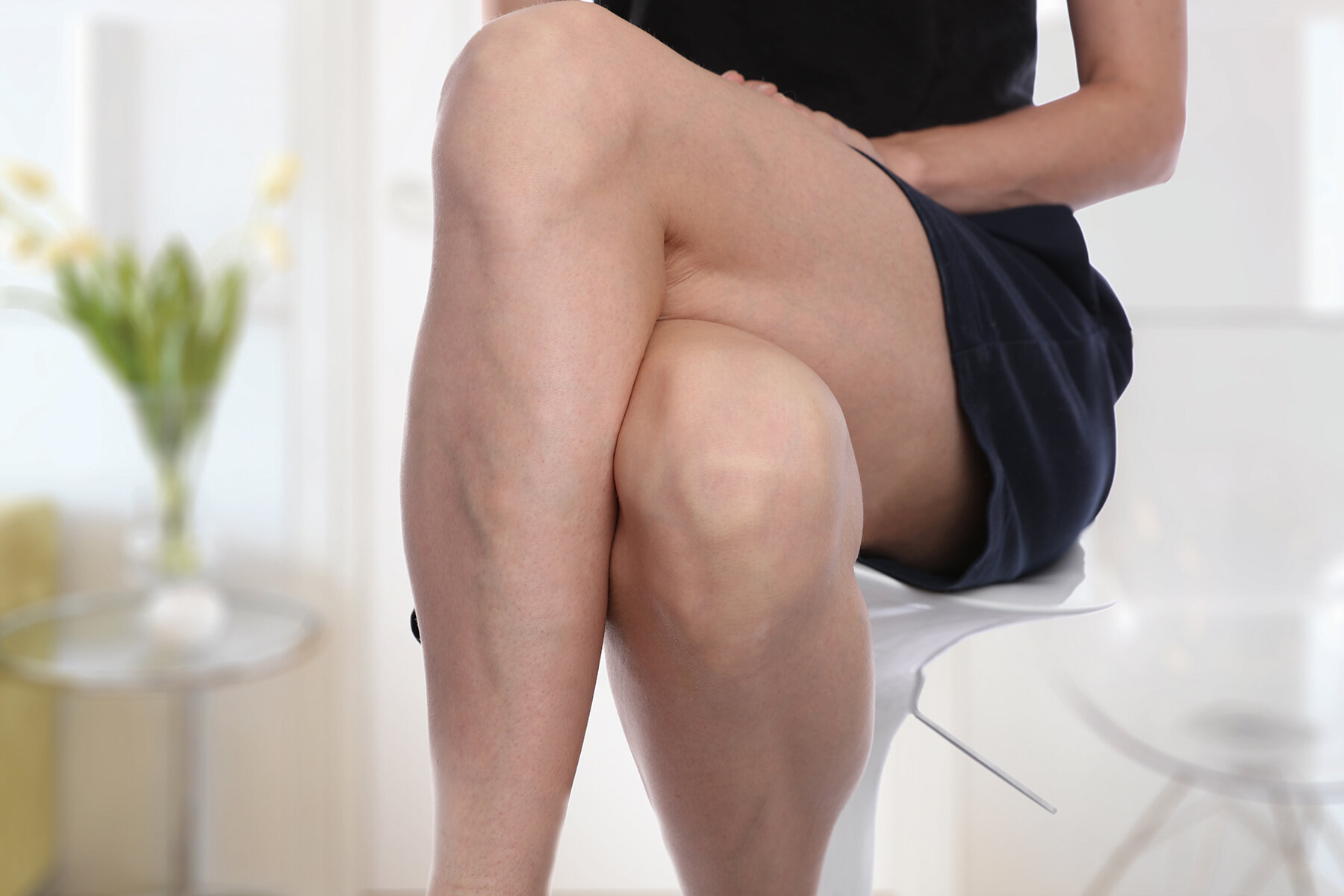
WELCOME
Pacific
Heart & Vascular
Vein Disorders Clinic
Vein Disorders
RF Vein Closure
Varithena
Dr. Sendhil Krishnan,
M.D., F.A.C.C.
Dr. Krishnan is board certified in General Cardiology with advanced subspecialty training in Interventional Cardiology. Dr. Krishnan is adept in all aspects of cardiac and vascular care including interventions on painful varicose veins and venous diseases.
Dr. Krishnan graduated from USF - Tampa where he completed his Internal Medicine Residency and Fellowship, and was selected by his peers to be Chief Resident in Internal Medicine. He went on to complete Interventional Cardiology advanced subspecialty training at the Shand's Hospital - Univ. of Florida, Gainesville.
In practice over 15 years, Dr. Krishnan provides a patient centered approach of comprehensive, knowledgeable and compassionate cardiovascular care which he dubs as “Prevention to Intervention.”
Dr. Krishnan is also a member of the American College of Cardiology and has been selected as part of the prestigious “Fellow” of the ACC - an honor given to select individuals in the field.
Learn about Venous Reflux Disease
Vein Disorders
The Vein Clinic at Pacific Heart & Vascular is at the forefront of non-surgical treatment of varicose veins, irrespective of how large they look.
Because vein disease often causes visible symptoms — such as protruding veins, swollen legs and discolored skin — it’s easy to assume they are simply cosmetic issues. However, if left untreated, venous disorders can pose serious health risks, such as lower extremity skin ulcerations, predisposition to infections, or blood clots leading to pulmonary embolism (when a clot travels to your lung - a potentially fatal condition).
What are varicose veins and vein disorders?
Vein disorders include a spectrum of disorders extending from cosmetic spider veins, to varicose veins, and conditions that can lead to swelling, pain, and even venous ulcers.
Varicose veins usually arise from normal veins which can develop faulty valves (usually a genetic predisposition), causing a backflow of blood as more and more valves break down and with greater back flow over time these veins become enlarged, knotty and visible on the upper and lower legs.
The main role of veins in the legs is to return blood to the heart. This is accomplished by one-way valves inside the veins. These valves prevent back flow of blood.
Varicose veins develop when these one-way valves malfunction, usually in deeper veins in the thigh or back of the knee. Blood pools in these veins. The veins become swollen, and over time more valves break down. Consequently, more varicose veins form. By the time varicose veins become visible on the legs, the condition is quite advanced.
Up to 30% of the population suffer from varicose veins, women being more predisposed than men.
Symptoms include heaviness, aching, burning, stinging, throbbing, swelling, leg cramps and restlessness.
As the condition worsens a skin rash or eczema can develop, small red and blue veins appear on the feet and ankles, the lower leg can become pigmented and scarred and if left untreated the varicose veins can predispose to leg ulcers and deep vein clots.
The factors that predispose to varicose veins are:
- Genetic (varicose veins run in families)
- Gender, (women are more prone to varicose veins, especially because of pregnancy)
- Obesity
- Prolonged standing
- Increasing age
- Trauma to legs
- Post traditional varicose vein surgery
How are varicose veins treated?
At Pacific Heart our vein experts offer modern, non-surgical options for varicose vein treatment.
UGS (Ultrasound Guided Foam Sclerotherapy)
Radiofrequency (RFA) Venous Ablation
RFA in combination with UGS (most common)What is the right treatment for me?
Dr. Krishnan will outline the best treatment course for you.
After the initial consultation an ultrasound examination and clinical assessment of your varicose veins will be performed. Based on these results, Dr. Krishnan will make a customized treatment plan to help achieve maximal results.
Are these procedures covered by insurance?
In most cases, yes!
Venous insufficiency is a chronic progressive medical disorder that can limit lifestyle and ultimately cause ulcers so Insurances (including Medicare) do cover them. It is important to note that compression stockings will need to be used before insurance will cover this procedure. Our vein clinic staff will go over all requirements but cash option is also available.




